Why Businesses Should Invest in Blockchain App Development?
Smart Contracts | Blockchain Technology | Blockchain Security
Are you ready to harness the full potential of blockchain app development? In a world where security, transparency, and efficiency are paramount, blockchain technology offers revolutionary solutions that can redefine your industry. Whether you want to streamline transactions, enhance trust, or innovate your business model, this guide will walk you through everything you need to know to build powerful, custom blockchain applications that deliver real results.
What is Blockchain?
Blockchain is a decentralized, distributed database that shares various nodes of a system. In simple terms, it is named “blockchain” because it stores information in encrypted blocks that are linked together to form a digital chain. The blockchain concept has become familiar and well-known through the creation of several cryptocurrencies, dApp monetization, smart contracts, DeFi (decentralized finance) applications, and NFTs (non-fungible tokens).
Understanding the growth and market potential of the blockchain technology market is essential for businesses to innovate and achieve widespread growth in a competitive edge. According to blockchain case studies, blockchain is estimated to reach $943 billion by 2032 and witness a compound annual growth rate (CAGR) of 56.1%. This represents the immense blockchain potential, highlighting the rapid evolution of blockchain technology in various industries.
Moreover, McKinsey, one of the leading American multinational strategy and management consulting firms, notes that blockchain for business and distributed ledger technologies (DLTs) develops new opportunities and pace by reducing risks, lowering compliance costs, making cost-efficient transactions, running automated and secure contract fulfillment and accelerating network transparency. This trend reflects the growing demand for blockchain app development and expertise in the tech industry.
To put it simply, investing in blockchain technology is not only adopting the trends but also laying the foundation for longer growth, adaptability, resilience and innovation. Businesses that leverage blockchain stand to achieve significant advantages in efficiency, security, transparency, and trust, positioning themselves for success in an increasingly digital and decentralized economy.
What are the benefits of Blockchain for Businesses?
Blockchain offers numerous benefits across various industries. Let’s explore the benefits of blockchain technology for businesses in finance and how firms can leverage blockchain app development to unlock these advantages.
-
Enhanced Security and Data Integrity
Blockchain technology offers robust security by using cryptographic algorithms that protect data from unauthorized access and tampering. Its decentralized nature eliminates single points of failure, making hacking or fraud extremely difficult. Once information is recorded on the blockchain, it cannot be altered or deleted, ensuring data accuracy and reliability over time. This makes blockchain especially valuable for industries handling sensitive information, such as finance and healthcare.
-
Increased Transparency and Trust
Blockchain maintains an immutable and shared ledger accessible to all authorized participants. It also fosters transparency among stakeholders. This transparency reduces the risk of fraud, facilitates easier auditing and compliance, and builds trust between parties. By providing a tamper-proof record and removing the need for intermediaries, blockchain enables secure collaboration and data sharing even among entities that may not fully trust each other.
-
Operational Efficiency through Automation
Smart contracts are self-executing agreements with predefined conditions that automate processes on the blockchain, reducing reliance on intermediaries. This automation lowers costs and speeds up transactions, especially in trade finance, supply chain management, and cross-border payments. Blockchain also enables real-time settlements and significantly reduces transaction fees compared to traditional systems.
-
Improved Supply Chain Management
Blockchain enhances supply chain transparency by allowing all parties to securely track goods from origin to delivery. As a result, this improves accountability, reduces delays, and minimizes the risk of counterfeit products. Furthermore, the ability to monitor products in real time strengthens trust among suppliers, manufacturers, and consumers.
-
Privacy and Controlled Access
While blockchain promotes transparency, it also supports privacy through data anonymization and permissioned access. Sensitive information is shared only with authorized users, ensuring confidentiality where needed without compromising the benefits of a shared ledger.
-
Future Innovation and Integration
As blockchain technology evolves, its integration with emerging technologies like artificial intelligence (AI) and the Internet of Things (IoT) is expected to drive further innovation and efficiency gains. Businesses adopting blockchain are positioned to benefit from enhanced security, greater transparency, reduced costs, faster transactions, and stronger stakeholder trust in today’s digital economy. In simple words, the incorporation of the Internet of Things and blockchain is transforming how businesses operate by combining the strengths of both technologies.
How to Develop a Blockchain Application: A Step-by-Step Process
Understanding blockchain application development may sound complicated, but it can be broken down into clear, manageable steps. Think of it like building a house – you need a plan, good materials, and skilled workers.
1. Define your Idea and why you need Blockchain
Before you build a blockchain app, it’s important to do your research properly. This means exploring the market and checking out what your competitors are doing. You need to understand first who your target users are, what problem they have, and what they require. It’s also useful to look at new trends that could shape what users need in the future.
Ask yourself these questions:
- Who will access this app?
- What hurdles are they facing?
- What features should your app contain?
- How will your app resolve a real problem in the market?
Moreover, make sure to answer all these questions and note down your findings, as this will help you with your project right away.
2. Choose the Right Blockchain Partner
Remember, developing a blockchain app needs specialized skills. Seek a blockchain app development company that truly understands blockchain, not just a general software company. Check their past projects to see their work, check if they built similar apps, and what reviews or feedback they got. In this way, it will help you to make technical decisions and build the app according to your needs and vision for your dream. Think of them as your expert construction team. Flexlab is one of the leading blockchain development companies in the USA. You won’t regret exploring our portfolio or taking a quick look at our LinkedIn page to see our successful projects and client feedback.
3. Pick your Blockchain Platform
There are multiple blockchain platforms available, such as Ethereum, Hyperledger, and Solana. Each platform has unique features in terms of speed, cost, and how private or public they are. Your development partner will select the best platform that is tailored to your app. They consider your requirements, such as speed, security, and how many users you expect. It’s like deciding whether to build your house on a concrete slab or a full basement.
4. Design how it Looks and Feels (UI/UX)
The app must be easy and pleasant to use, even though the technology is a bit complex. UI (User interface) is how the app looks like, and UX (User Experience) is how it feels to use. Designers will create the app’s layout, buttons, and overall flow of the app. They ensured it aligned well with your brand. They’ll make sure that even complex blockchain interactions feel simple to the user.
5. Build the App
Now the coding begins in this stage. A skilled blockchain developer creates smart contracts, which are self-executing agreements on the blockchain. They also build the backend, which works behind the scenes, and the frontend, which is what users interact with. All parts are carefully connected to ensure they work smoothly and securely together. Think of this like the main building phase of a house, where the walls are built and the wiring is put in place.
6. Test Everything Thoroughly
Before people use your app, it must be tested carefully. Check for bugs, make sure all features work, and see if it can handle many users. It is important to have your smart contracts for blockchain applications audited by independent blockchain security experts. This stops hackers from finding weak spots. Think of it like a final safety check before moving into a new house.
7. Launch and Maintain
Once testing is complete and your app is flawless, it’s time to launch it to the public. However, the journey doesn’t end there. Your development partner will provide ongoing support by regularly updating the app, quickly fixing any new issues, and continuously monitoring its performance to ensure smooth operation around the clock. For instance, think of this as having a dedicated maintenance crew for your house, keeping everything in top shape, and ensuring your users always have the best experience.
Use Cases of Blockchain App Development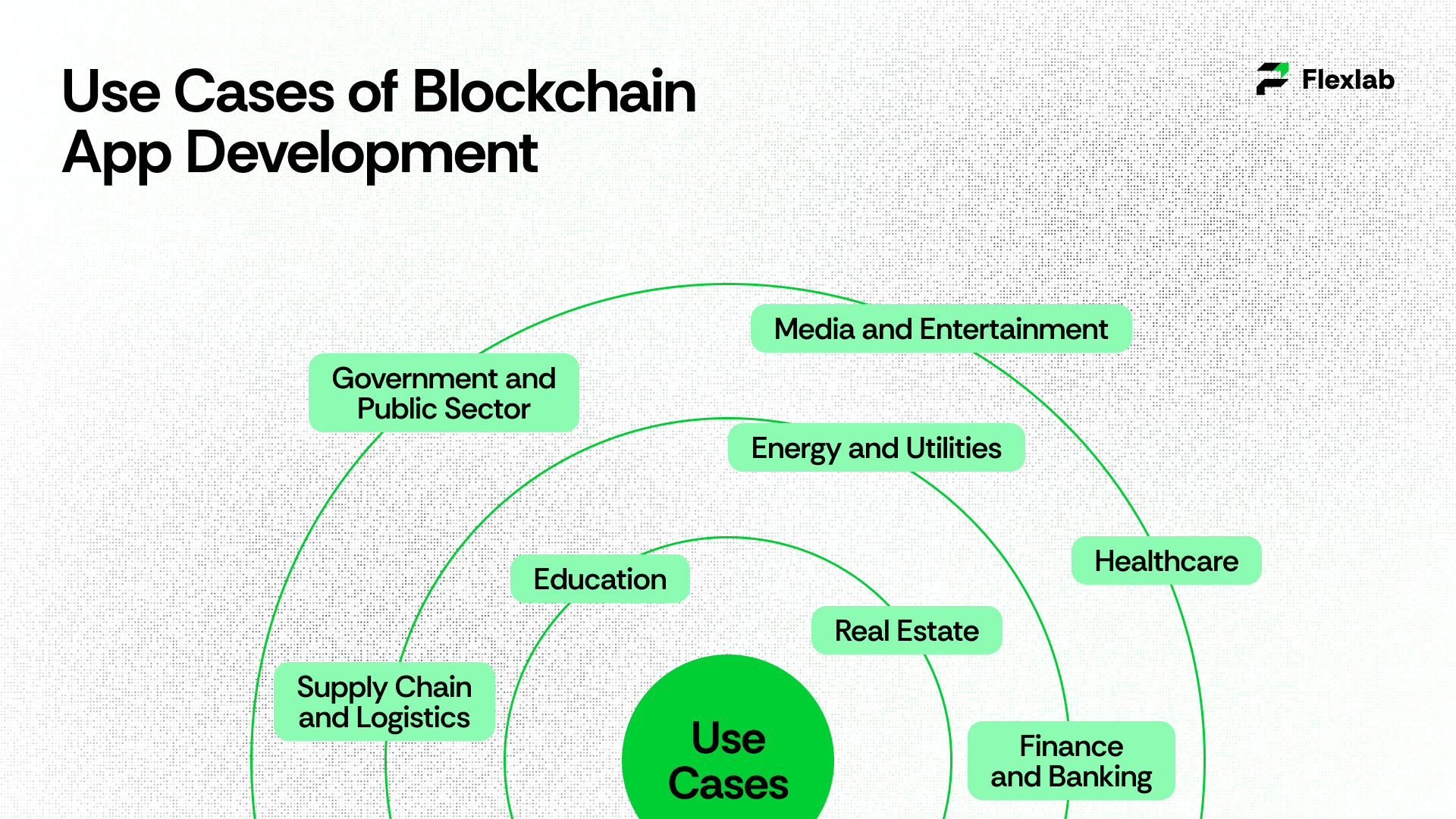
Blockchain app development includes key features like immutability, decentralization, transparency, and automation. Exploring blockchain use cases across industries shows how sectors like finance, healthcare, and supply chain benefit from these features. Here’s a look at major industry use cases:
1. Finance and Banking
Blockchain initially gained a firm command of cryptocurrencies, but now it extends beyond cryptocurrency and stands out remarkably in the finance sector. It enables the fastest and cheapest cross-border payments by removing intermediaries. This also reduces settlement times from days to seconds.
Moreover, Decentralized Finance (DeFi) platforms allow peer-to-peer lending, borrowing, and trading without the need for traditional banks. Smart contracts automate agreements and lower the paperwork and disputes. Blockchain enhances identity verification to prevent fraud and comply with regulations in finance and banking.
2. Healthcare
Blockchain has several benefits in the healthcare sector. It helps to secure the sharing details of electronic health records (EHRs) and maintain patient privacy and control. It provides supply chain transparency to track the authenticity of medicines and medical devices. As a result, it leads to a combat against counterfeit products.
Furthermore, Remote patient monitoring uses IoT with blockchain to safely record real-time health data from devices. It also streamlines compliance and reporting for pharmaceuticals.
3. Supply Chain and Logistics
Blockchain in supply chain management enhances transparency and traceability while recording every transaction immutably. It tracks goods while using an IoT sensor combined with blockchain in real time. It ensures product authenticity and its good condition, like holding temperature-sensitive items safe and secure. Moreover, smart contracts automatically check payment and compliance upon delivery. This reduces fraud and error while providing everyone with one clear, trusted record.
4. Energy and Utilities
Blockchain offers peer-to-peer energy trading and allows consumers to buy and sell excess renewable energy directly. This improves efficiency and reduces costs. Platforms like Powerledger facilitate such decentralized energy markets. Blockchain also helps optimize documentation and settlement processes in oil and gas trading.
5. Real Estate
Blockchain makes real estate easier and safer by turning properties into tokens, so people can own a small part and buy or sell more easily. It uses smart contracts to automate property sales, cutting down on paperwork and fraud. Also, governments can use blockchain to keep clear and open land records, making ownership more transparent.
6. Media and Entertainment
Blockchain helps solve problems like content piracy and royalty payments by making sure artists get paid fairly through decentralized platforms. It keeps track of who owns the creative work in a safe and clear way. For example, platforms like Audius and KodakOne show how blockchain is used in music streaming and managing digital image rights to protect creators and their work.
7. Education
Educational institutions access blockchain software development to issue tamper-proof academic certificates and diplomas to students. It gives instant verification to employers or other schools. For example, universities such as MIT and the University of Nicosia have adopted blockchain for credentialing.
8. Government and Public Sector
Blockchain development solutions improve government services by:
- First, securing voting systems to increase transparency and reduce fraud.
- Second, managing digital identities to streamline access to public services.
- Finally, maintaining immutable public records like land titles and licenses.
Why Choose Flexlab for Blockchain App Development?
Flexlab is a smart choice for custom blockchain app development because our services are built on strong technical skills, a focus on saving you money, and fast delivery. As a top blockchain software development company in the USA, Flexlab can help you save up to 80% on costs and promises to deliver new products or updates within 30 days, or they will keep working for free until it’s done.
Additionally, their expert team knows smart contracts, crypto wallets, decentralized apps, and AI, making sure your app is safe, scalable, and ready for the future. They offer free technical checks and personalized plans to save you money and speed up development.
Flexlab uses a flexible approach that focuses on accuracy, security, and performance to create solutions that fit your business needs. They also provide ongoing support to keep your app running smoothly as you grow. Trusted by many companies, Flexlab combines innovation with reliability, helping you grow and succeed in the digital world.
Are you ready to future-proof your business? Contact us today to build a blockchain app that stands out.
Ready to Launch Your Blockchain Project?
📞 Book a FREE Consultation Call: +1 (416) 477-9616
📧 Email us: info@flexlab.io
Conclusion: Blockchain App Development
To sum up, in today’s digital world, blockchain development apps are more than a latest technological upgrade. It is an essential tool that accelerates business faster, makes it stronger and turns reality into innovations. Blockchain helps companies create secure, clear, and efficient solutions that open new opportunities and build trust with customers and partners. Additionally, working with experts like Flexlab makes the process easy, affordable, and customized for your needs. Start using blockchain now to keep your business ahead in the digital age.
How much does it cost to develop a blockchain app?
Costs vary widely based on app complexity, features, and platform, typically ranging from $30,000 to over $500,000. Simple apps cost less, while enterprise-level solutions with smart contracts and security audits increase expenses.
What are the security measures required for blockchain wallet app development?
Key security measures for blockchain wallet app development include robust private key management (often offline), multi-factor authentication (MFA), and secure coding practices with regular security audits. Additionally, features like backup/recovery options and constant software updates are vital to protect against evolving threats.
How to hire a blockchain developer?
Define your project needs and required skills, then source candidates via specialized job boards, referrals, or freelance platforms. Screen portfolios and conduct technical assessments focused on blockchain experience and coding ability. Finally, evaluate cultural fit and verify references before making an offer.
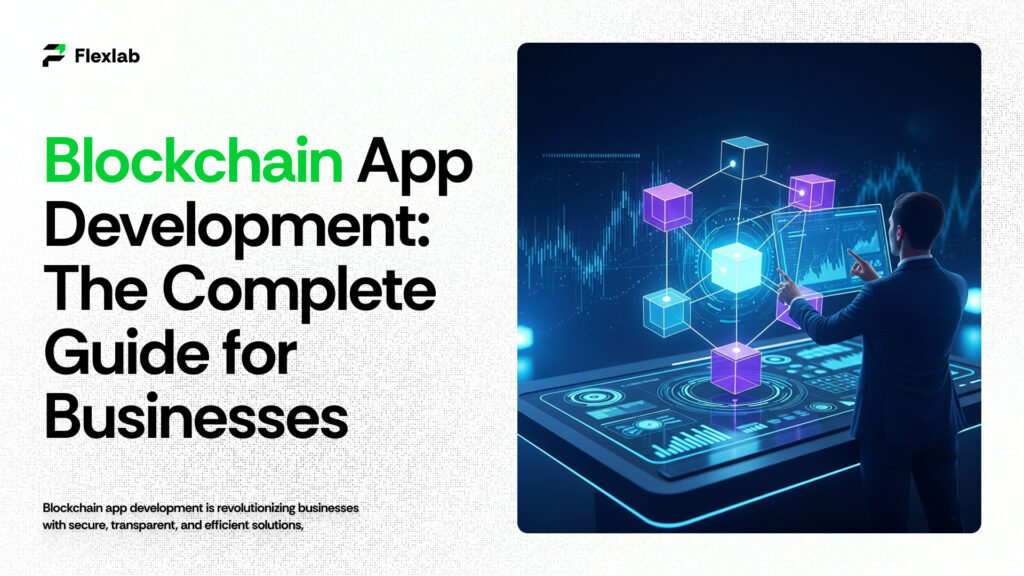
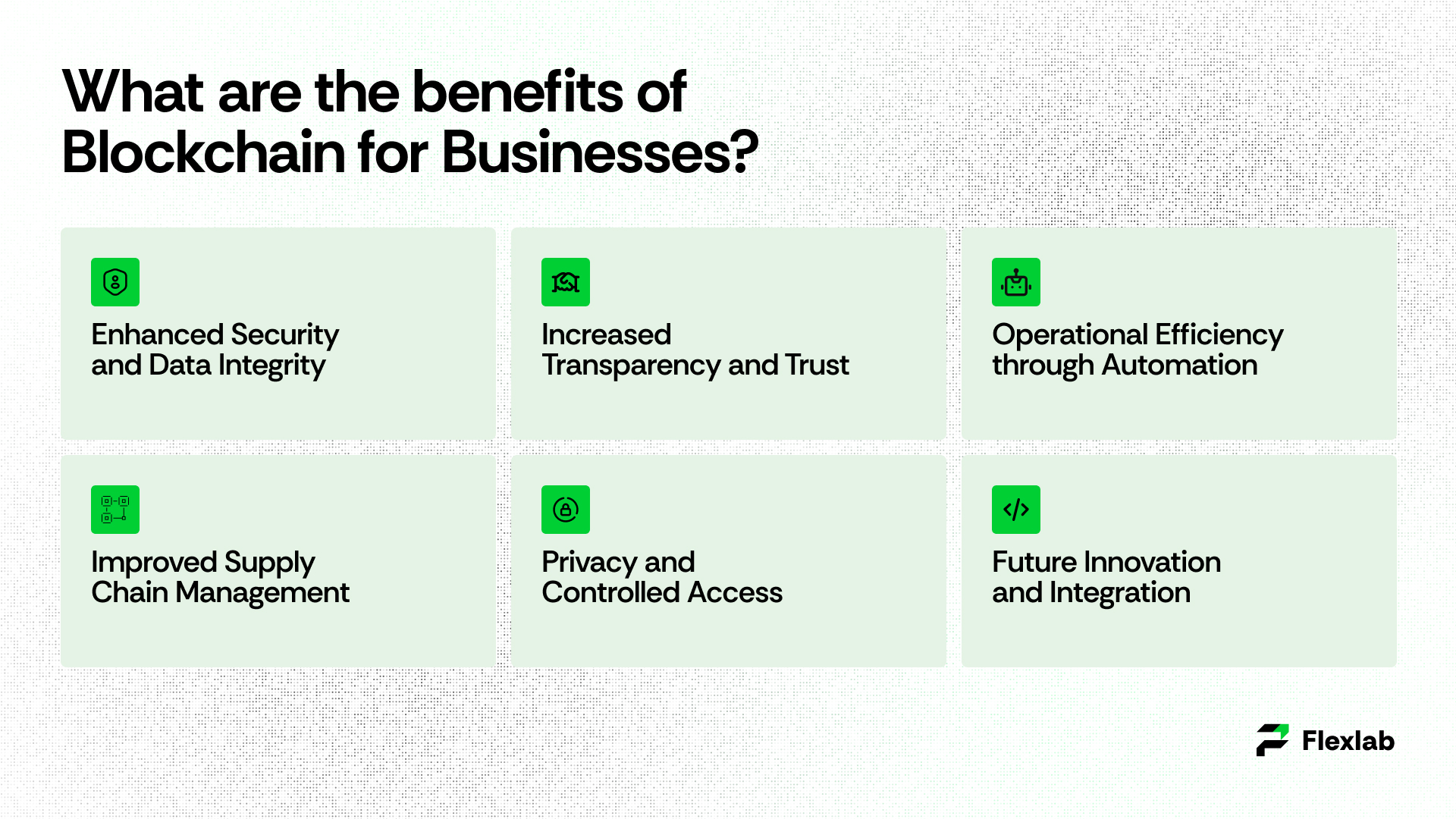

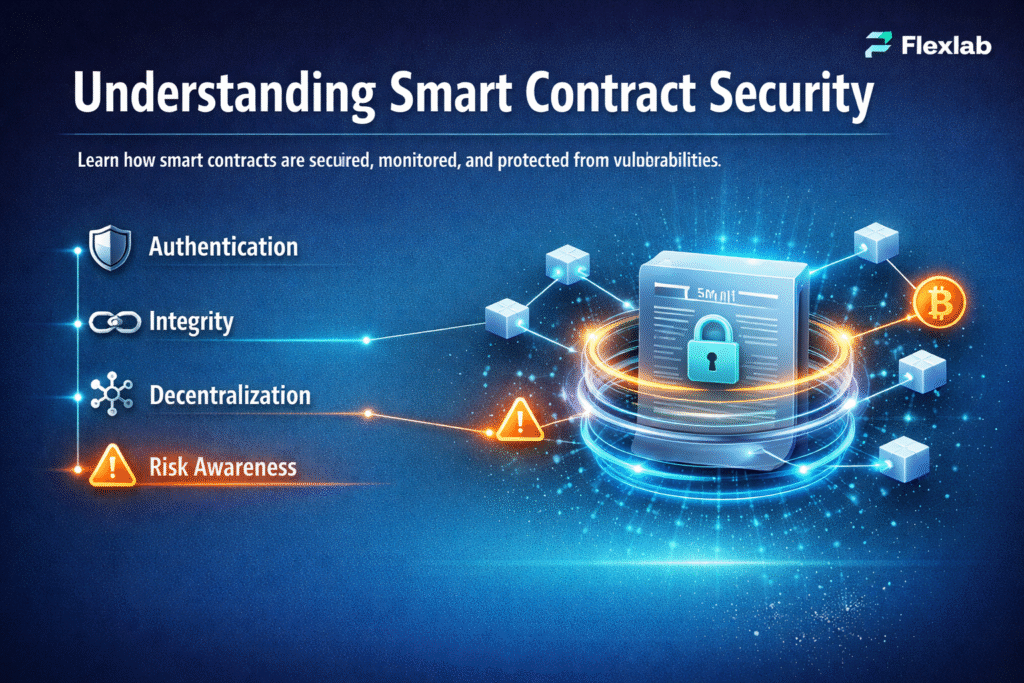
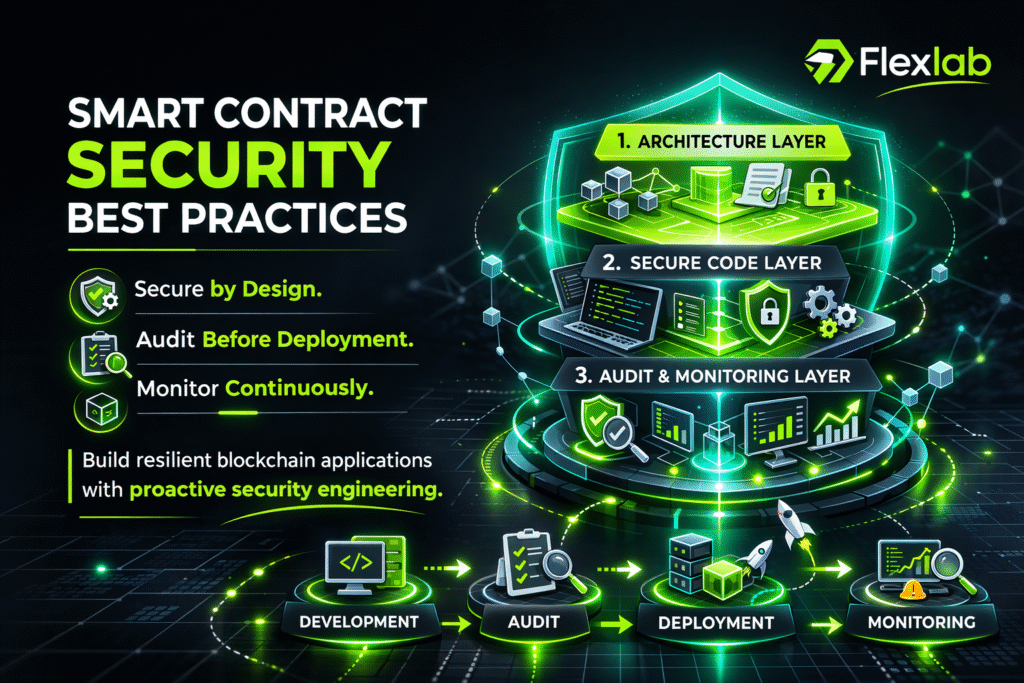
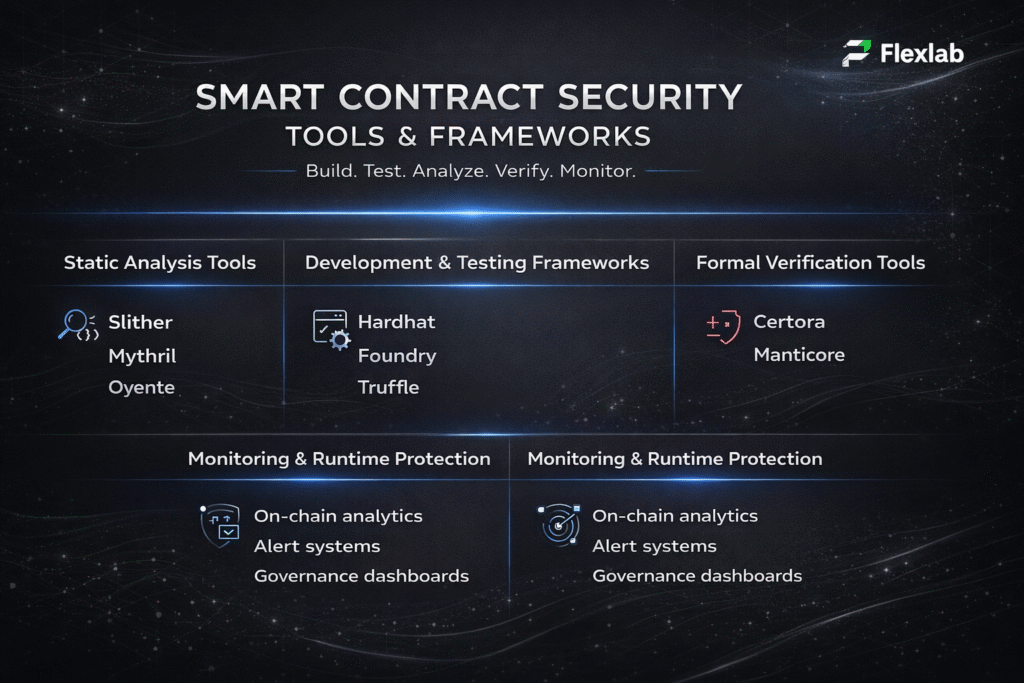

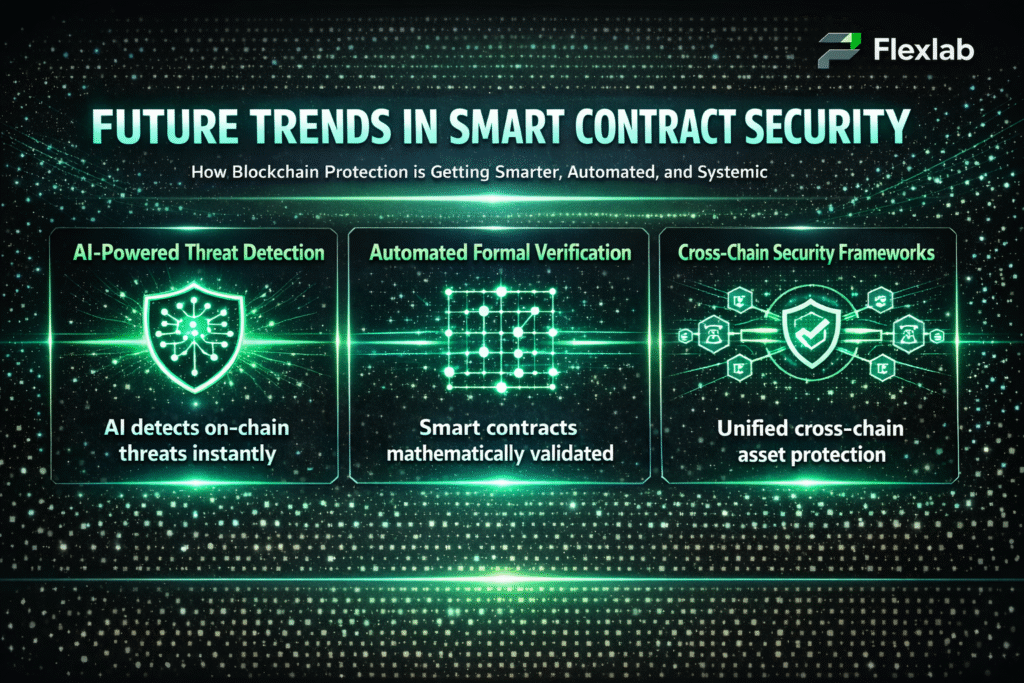
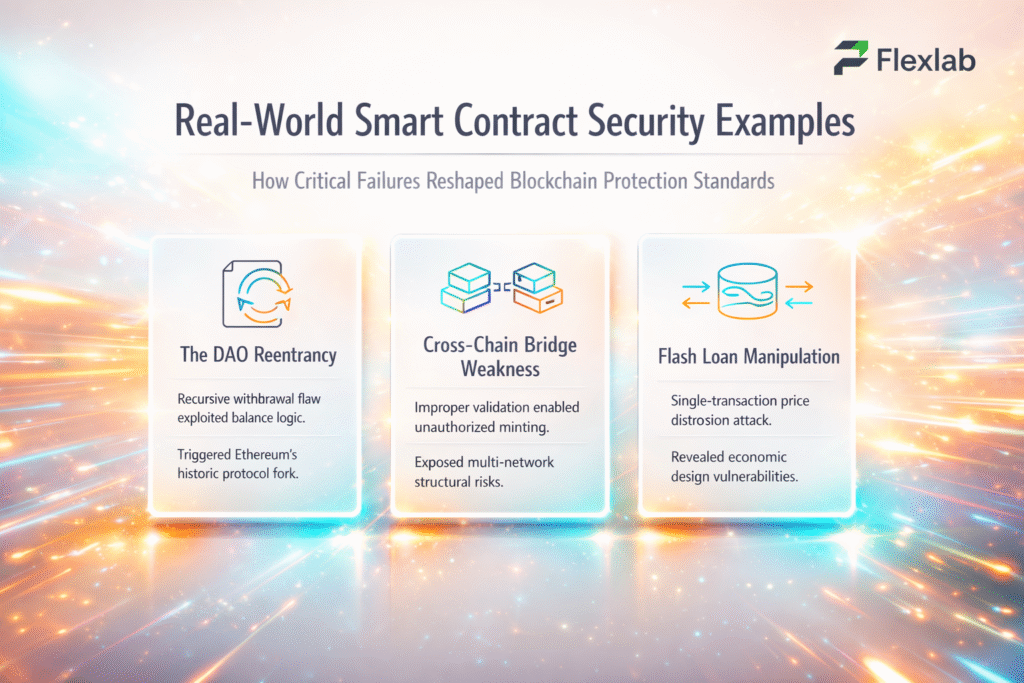


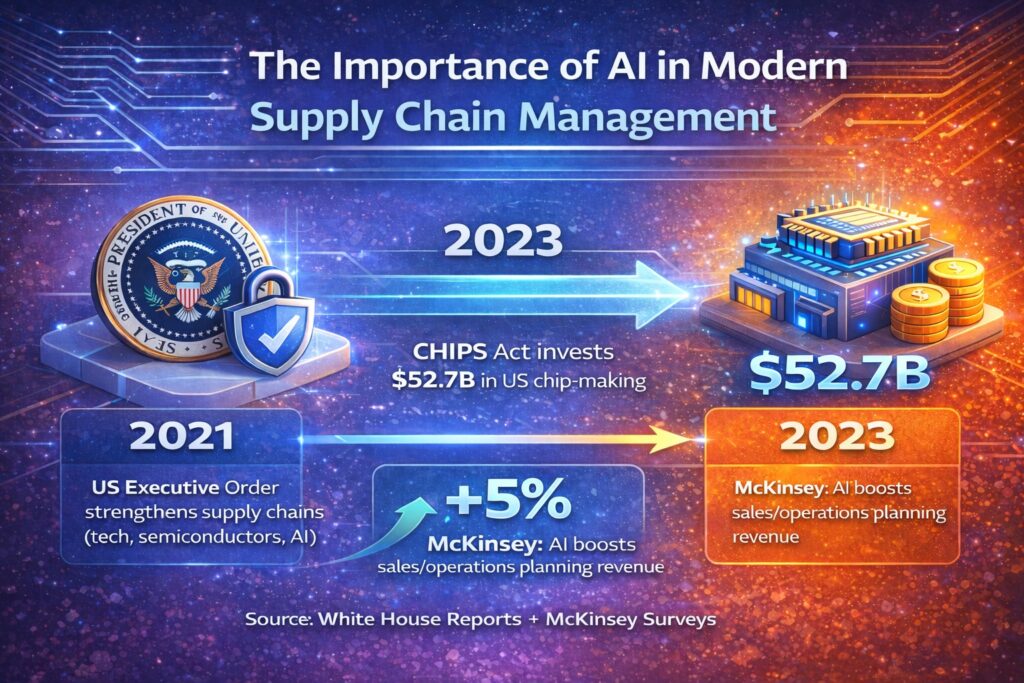
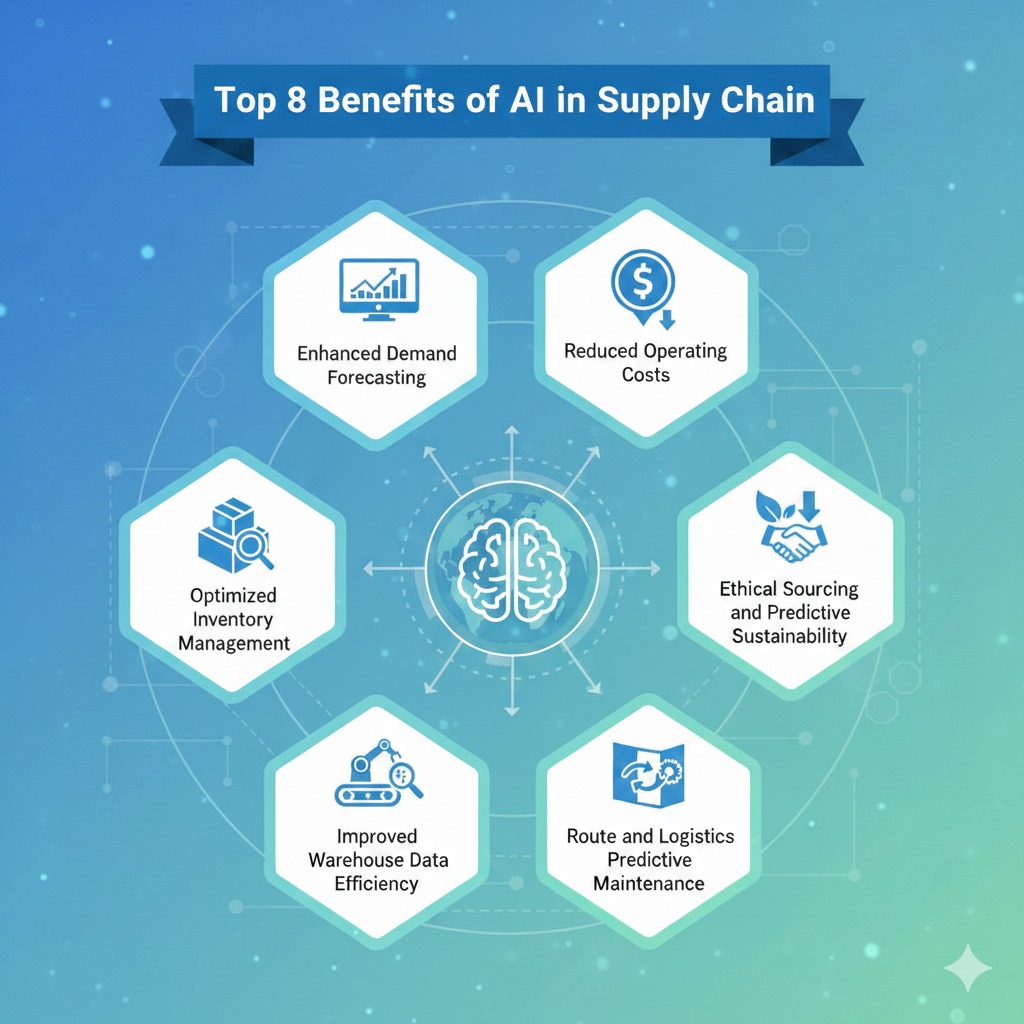
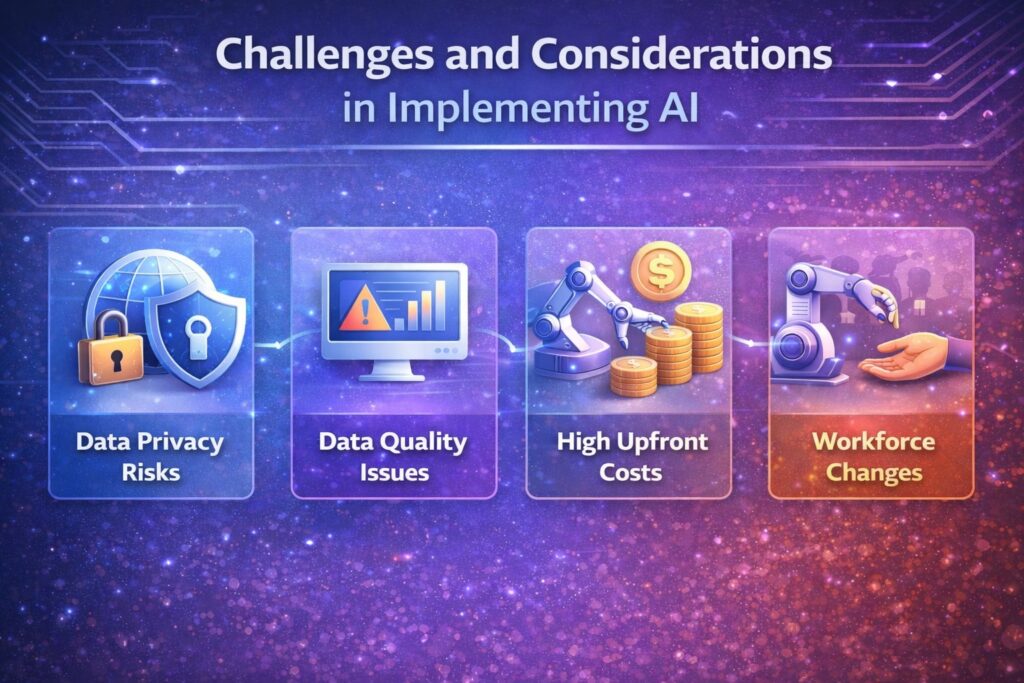
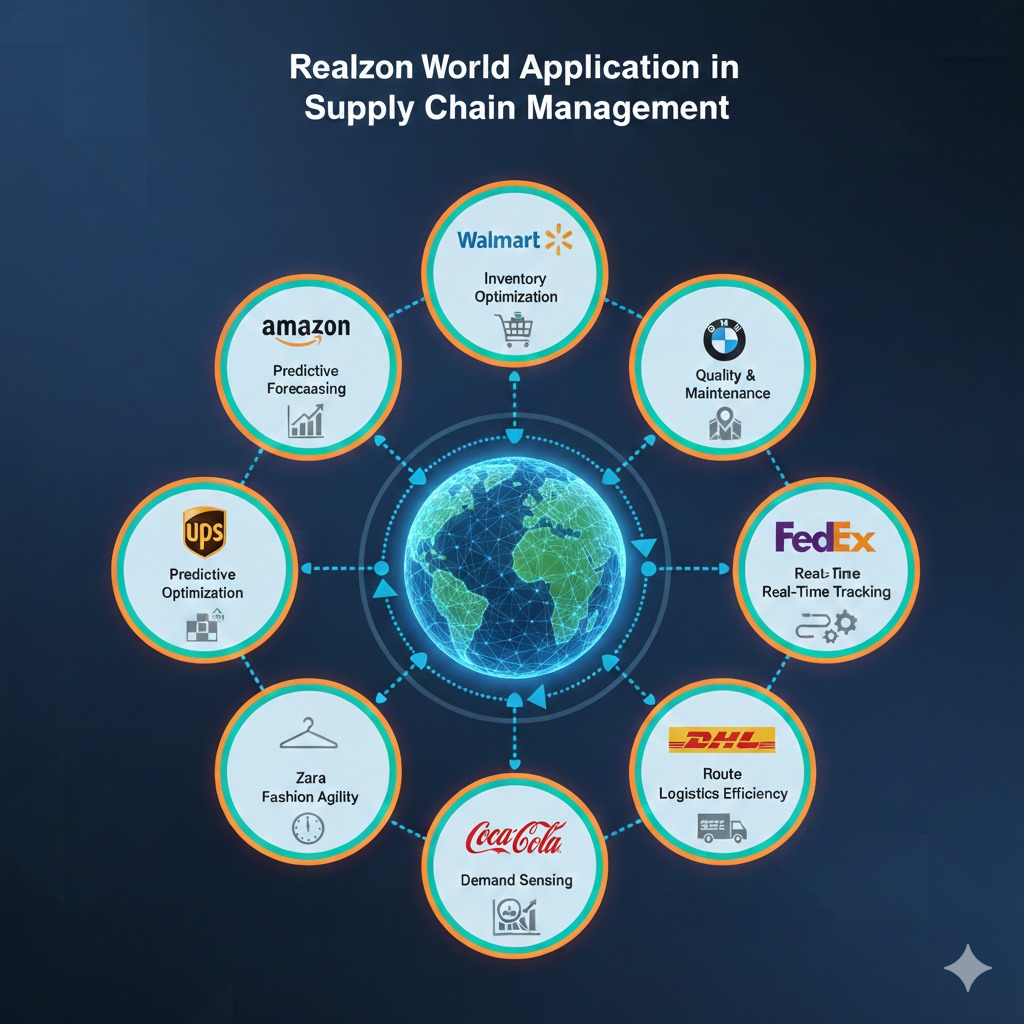
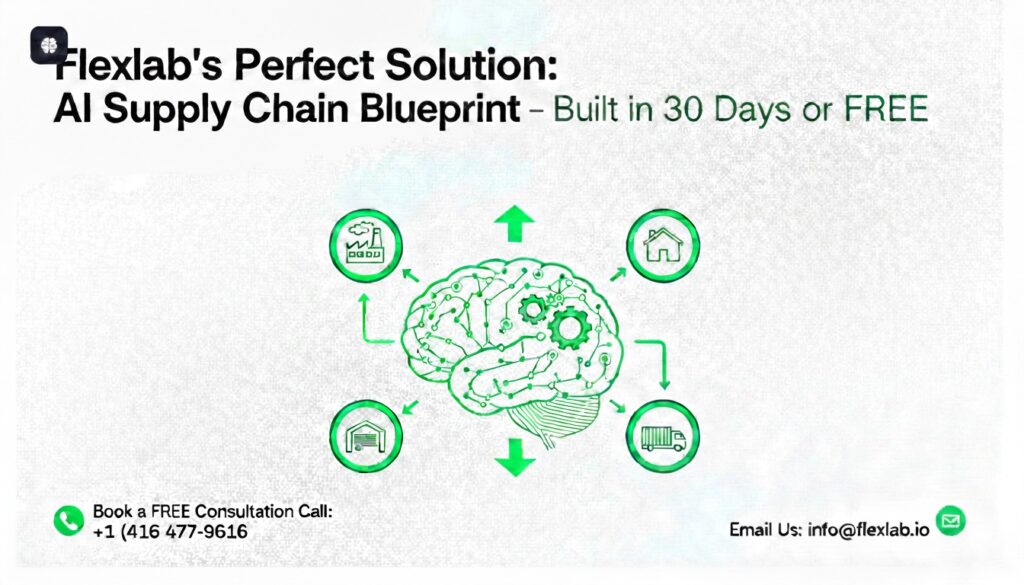
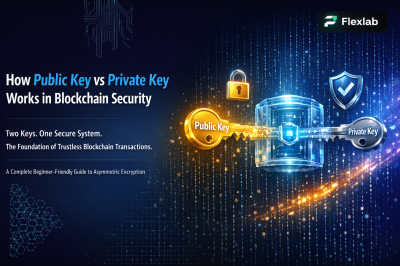
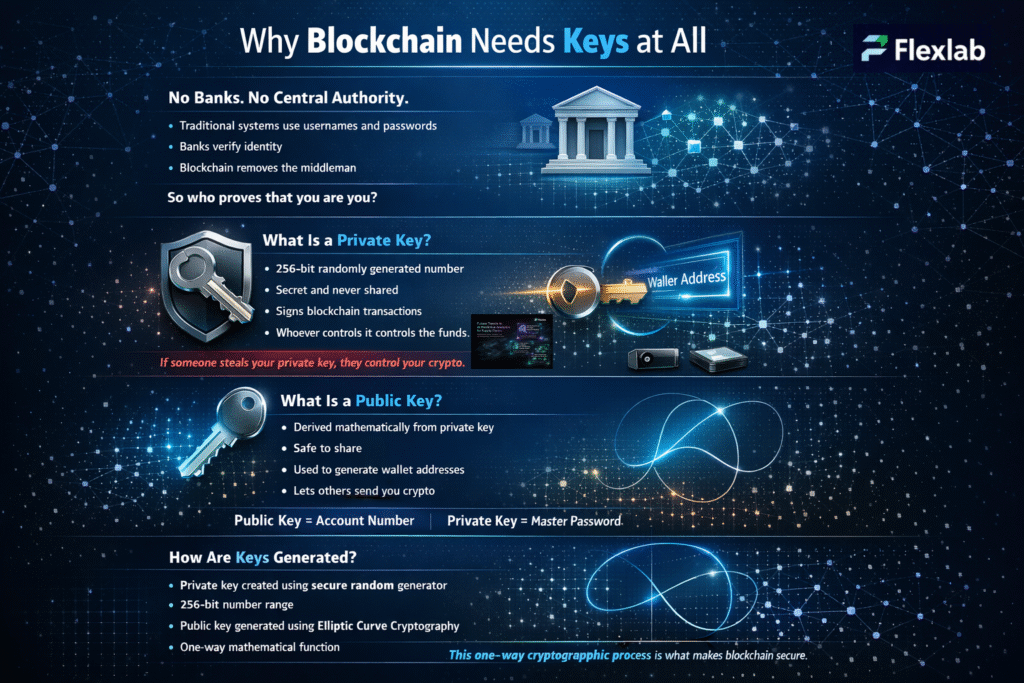
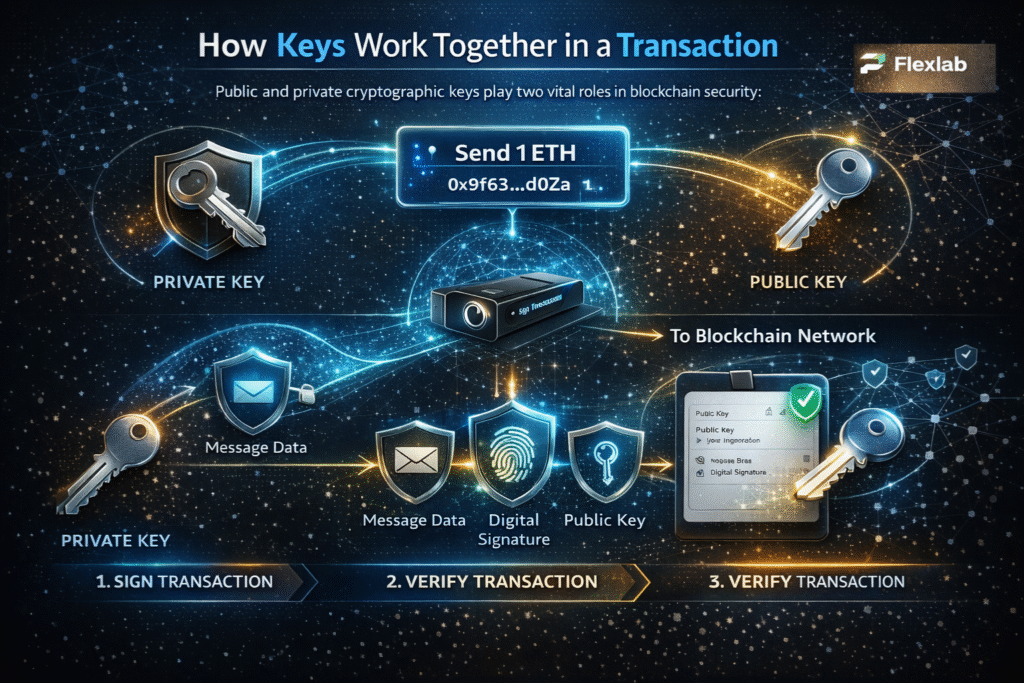
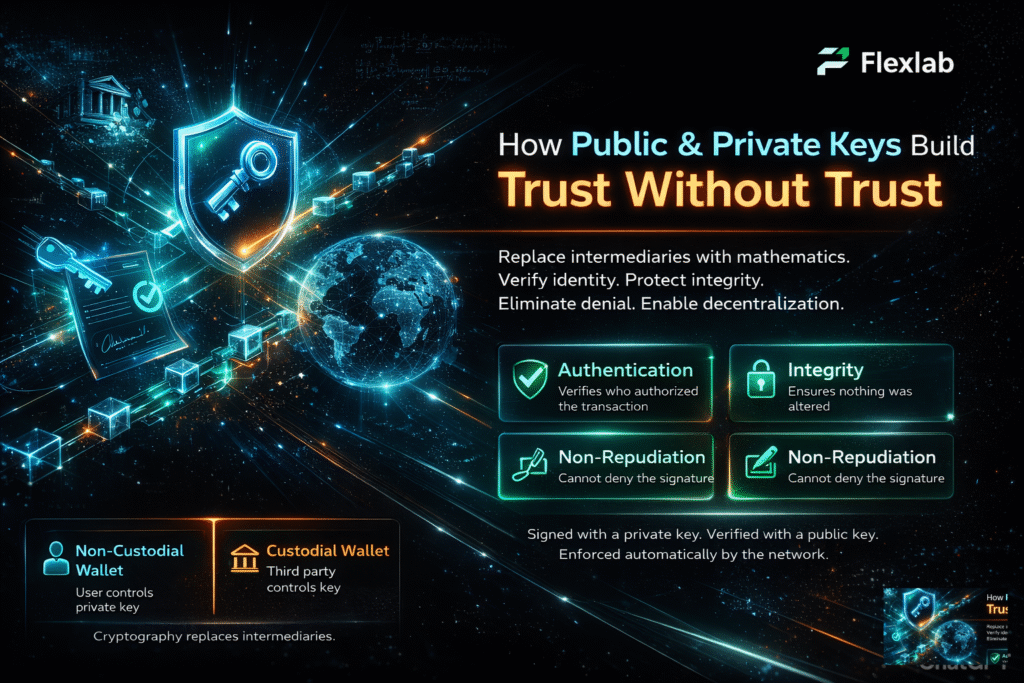
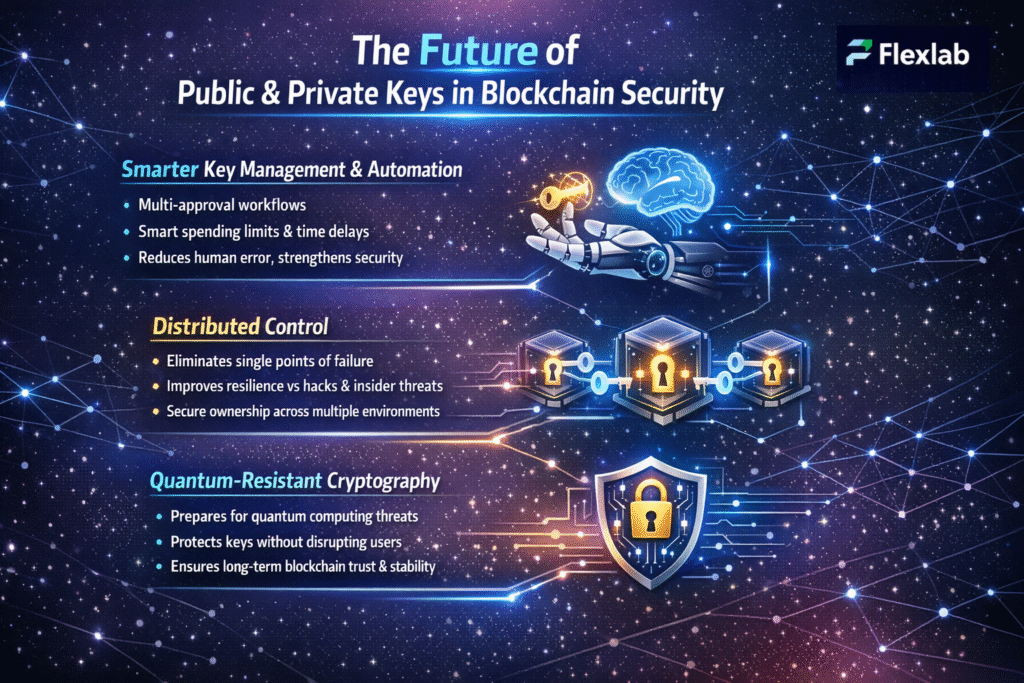
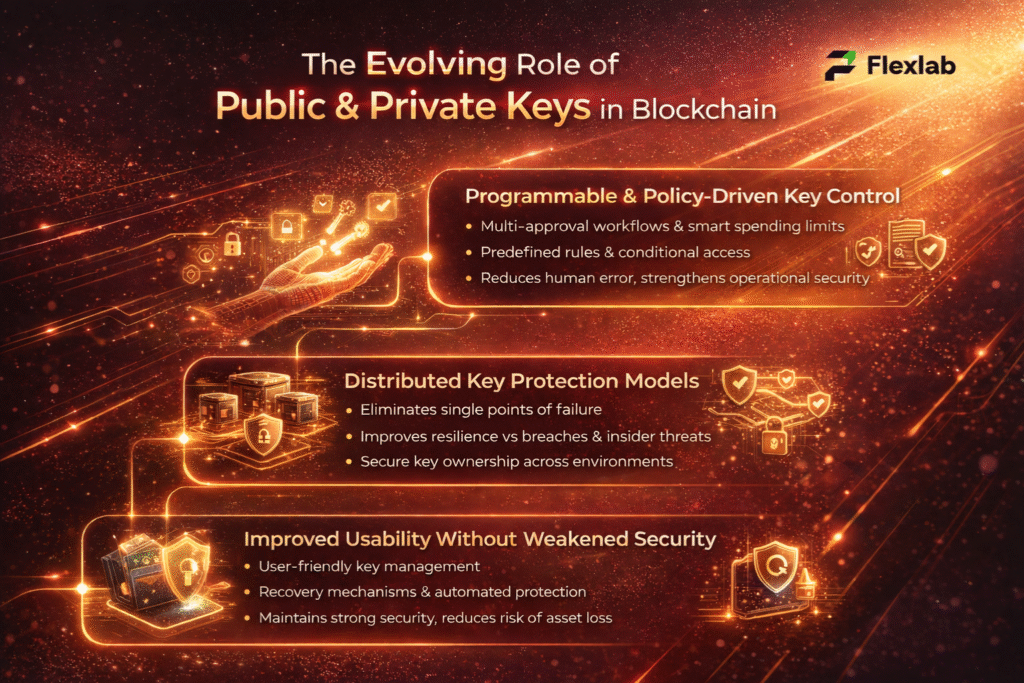
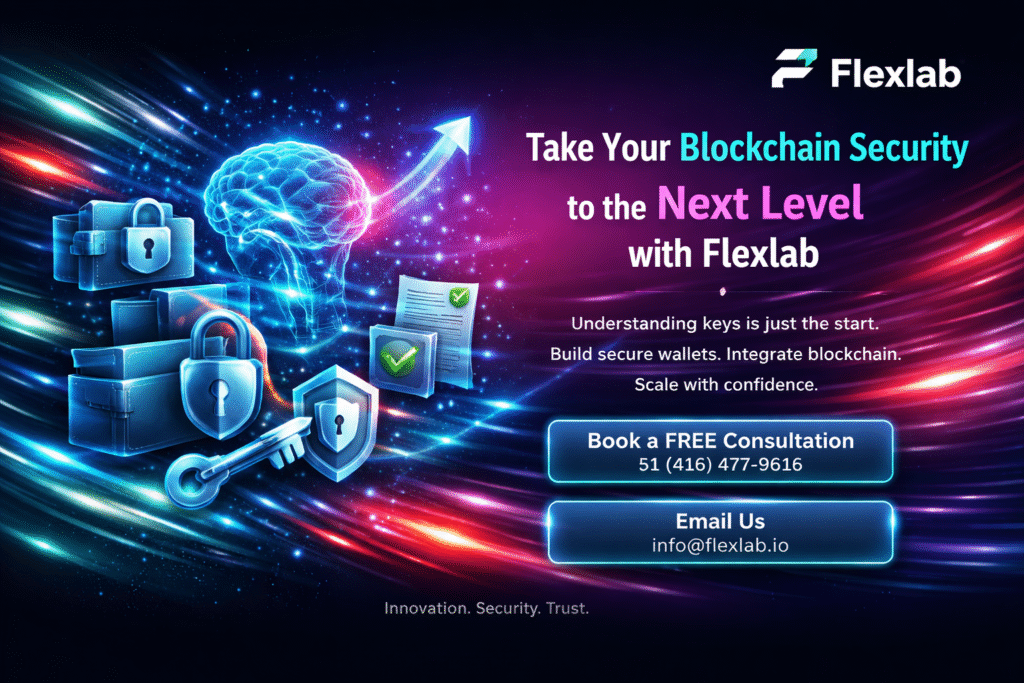

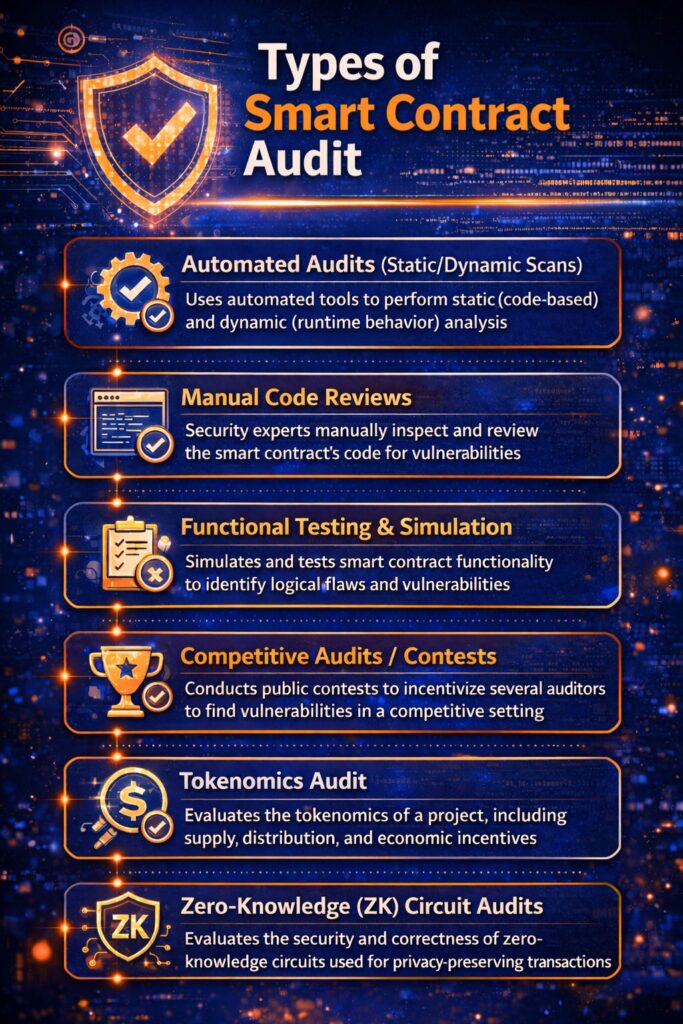
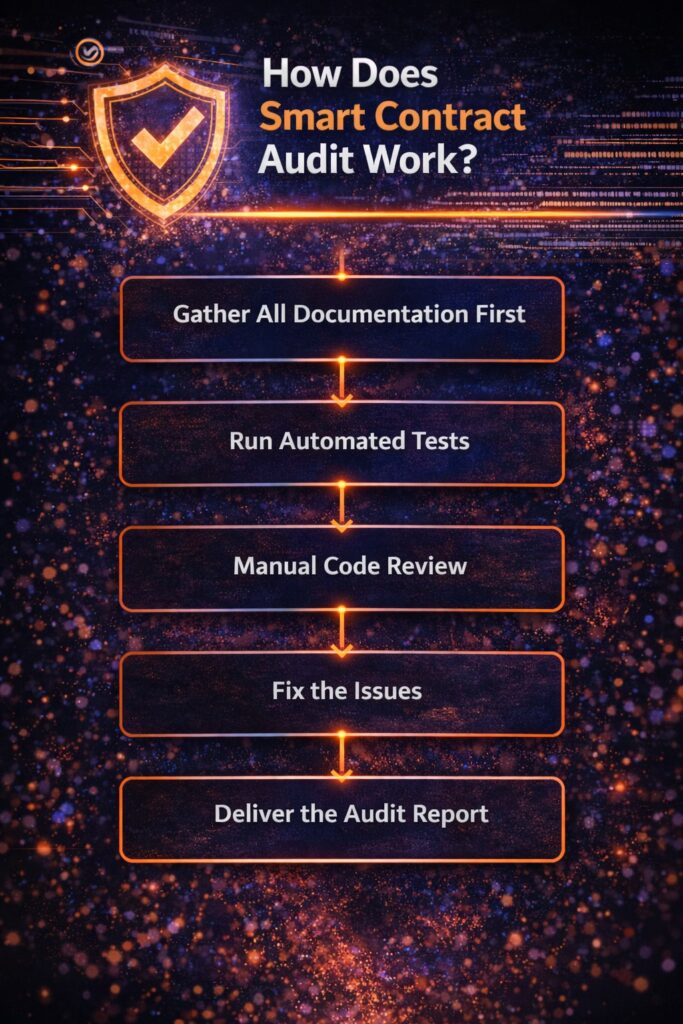
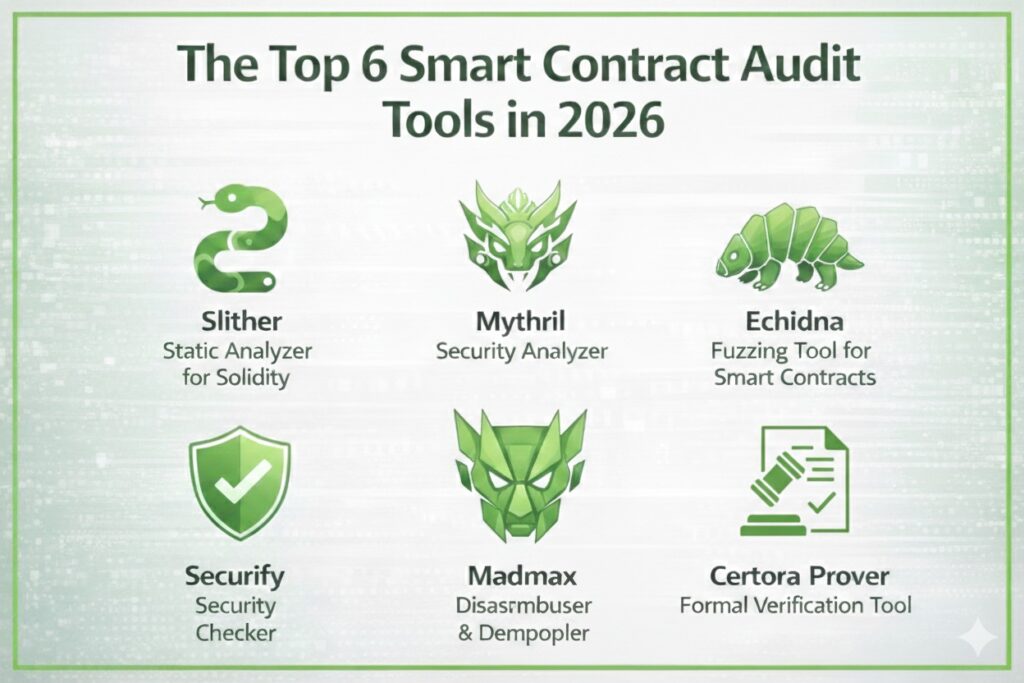
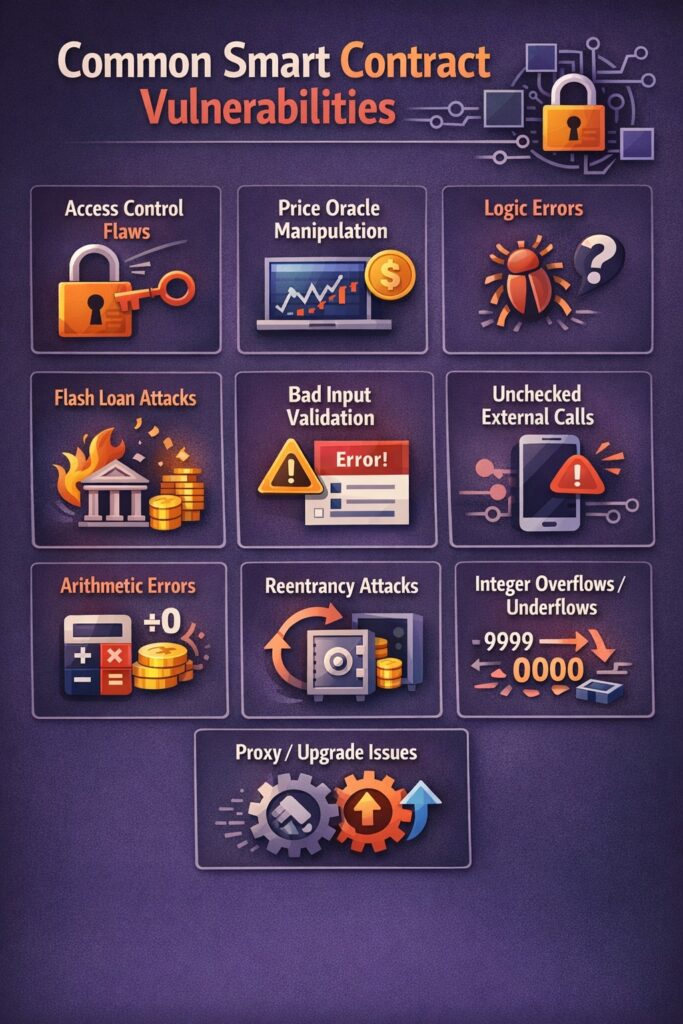
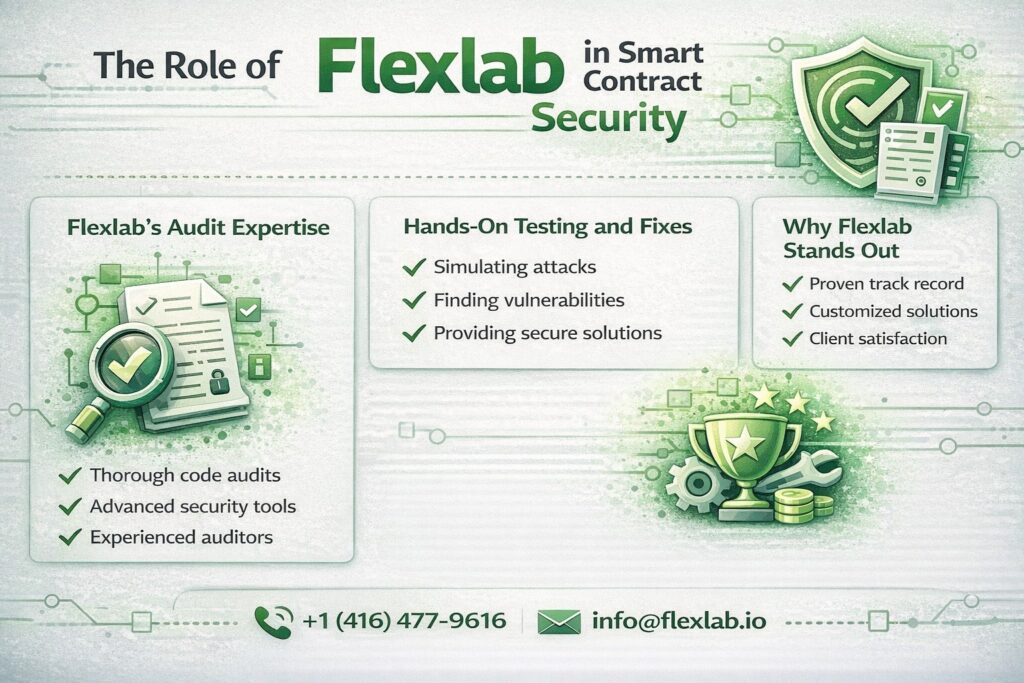

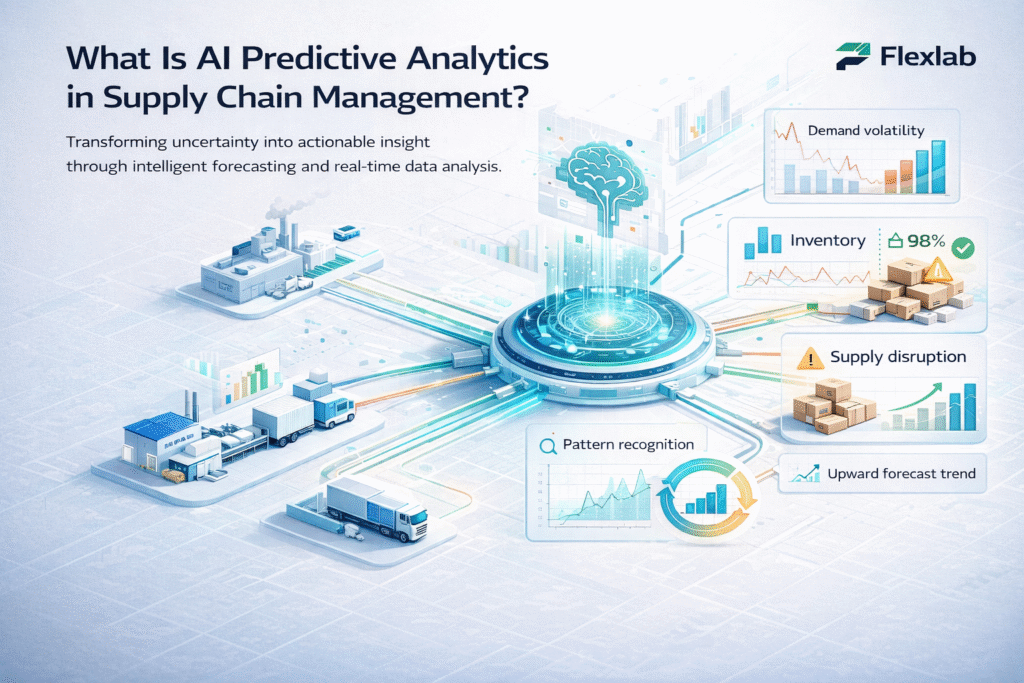

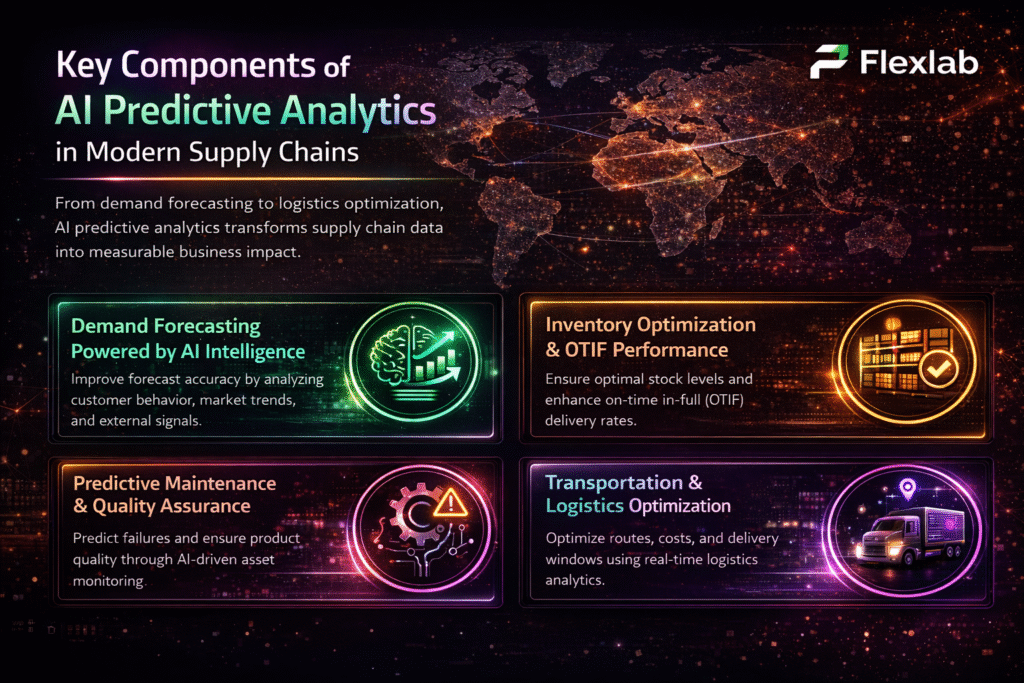

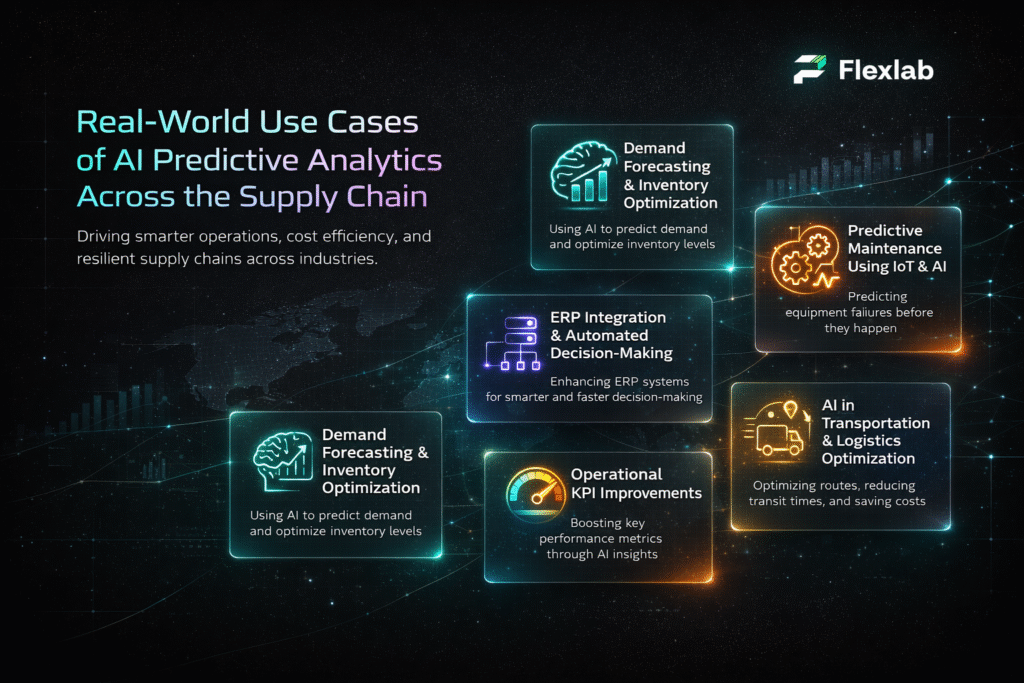



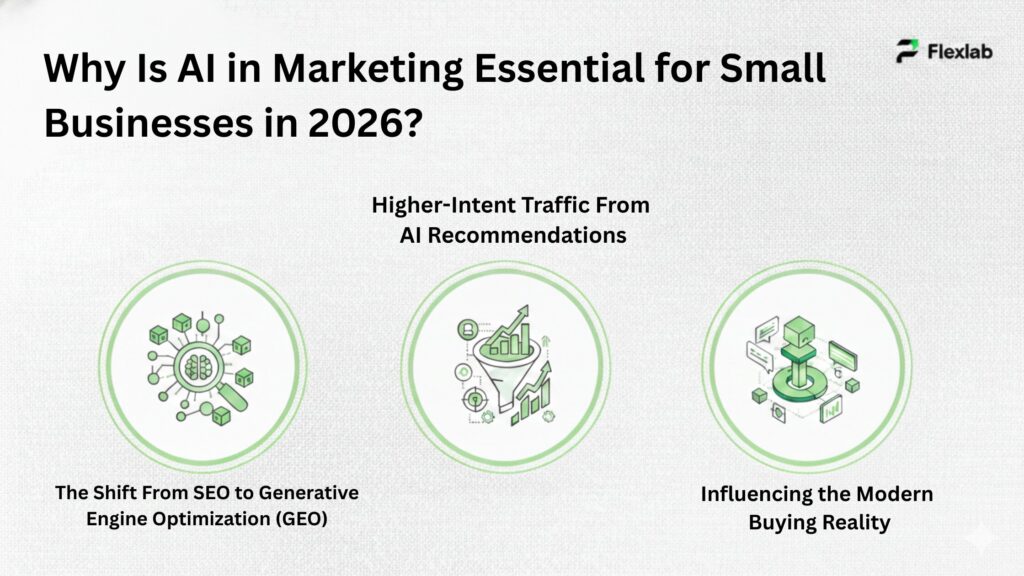
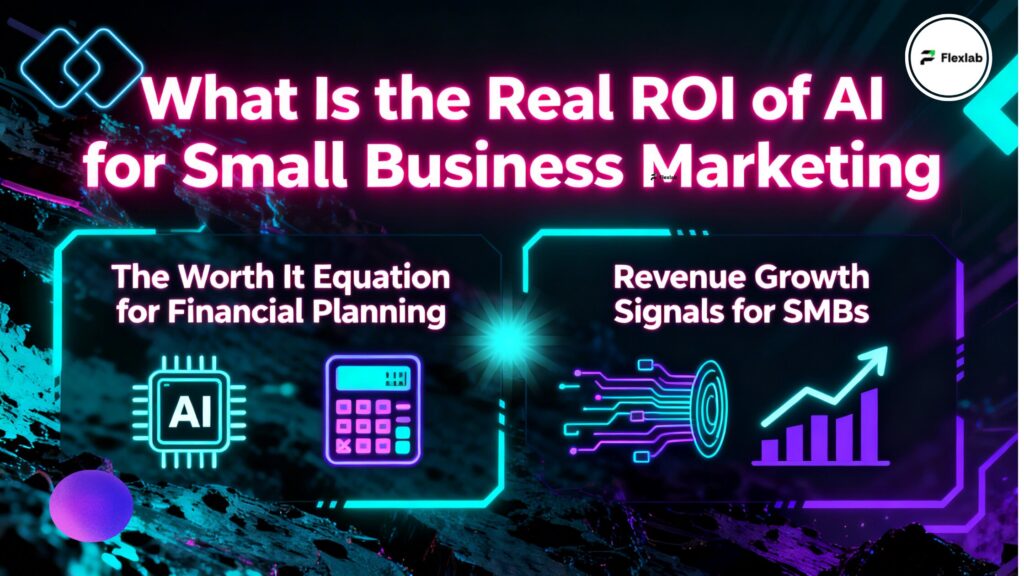
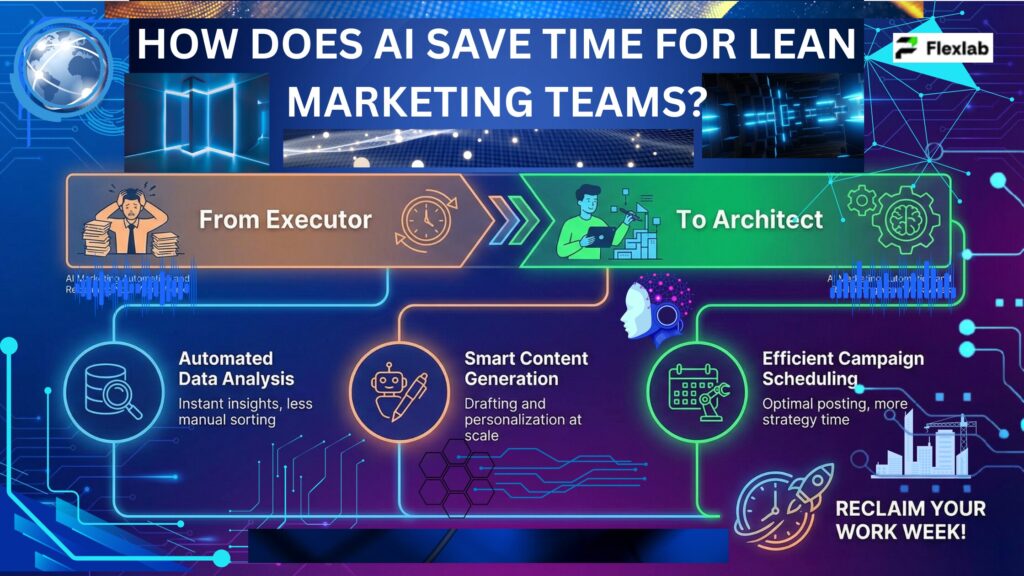
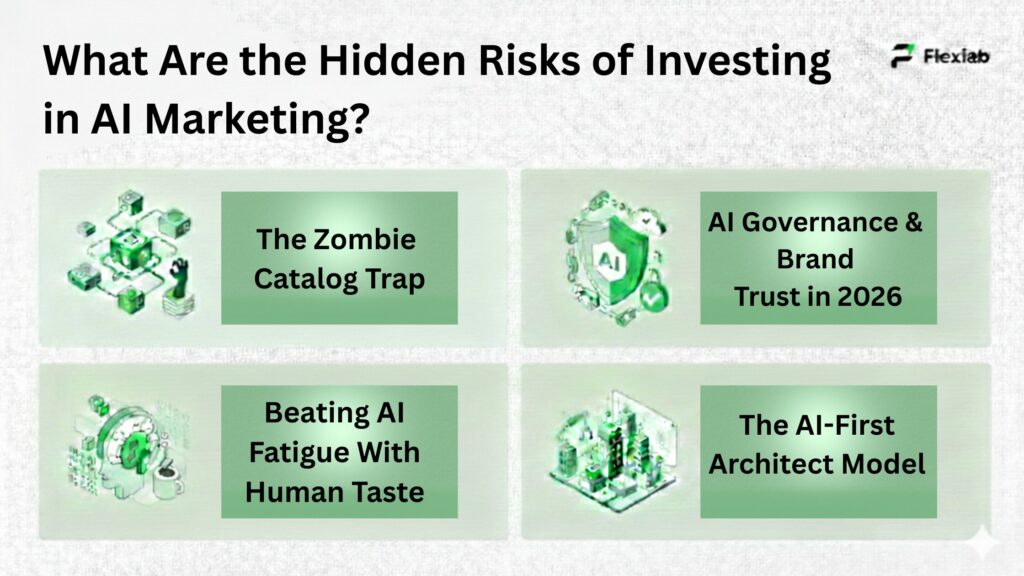
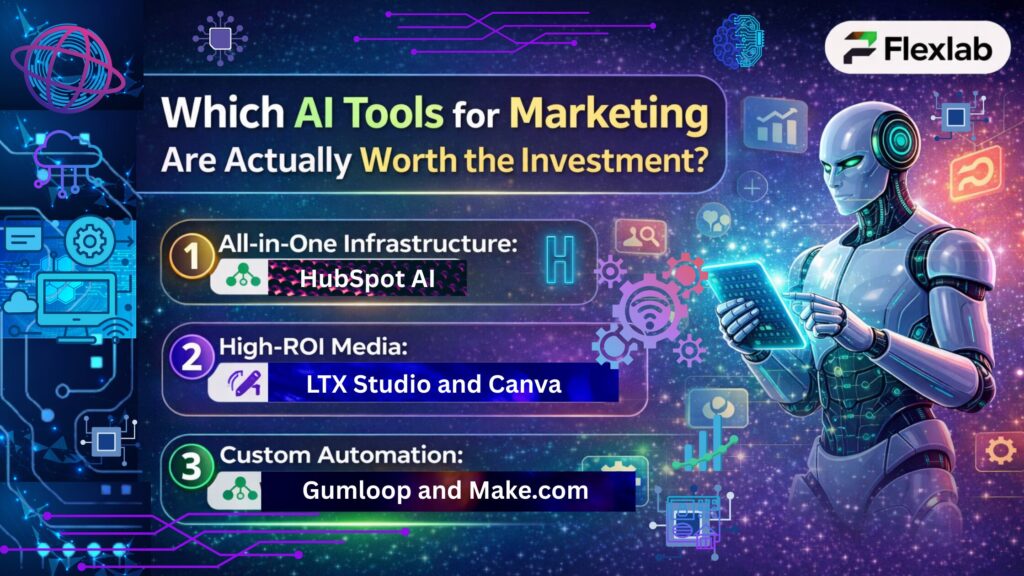
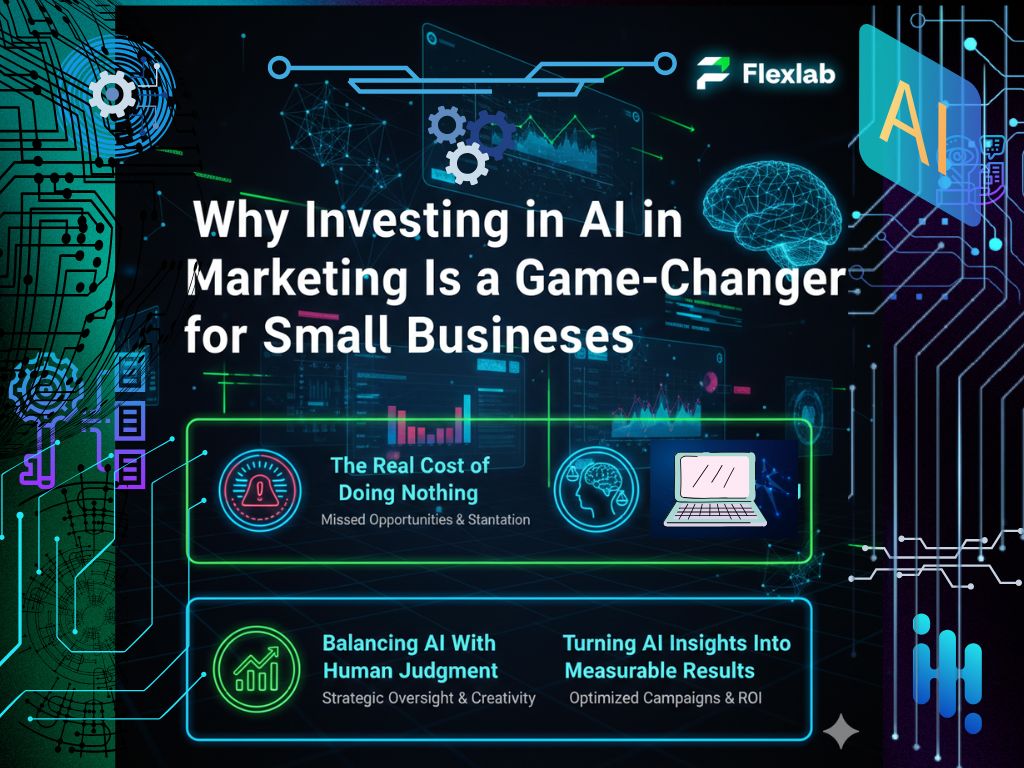
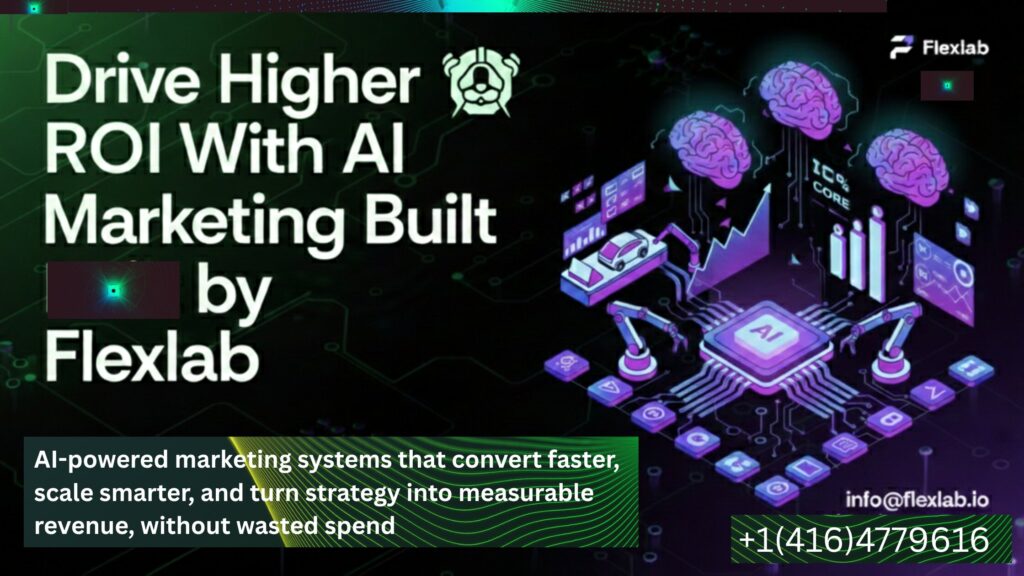



6 Responses
Your article helped me a lot, is there any more related content? Thanks!